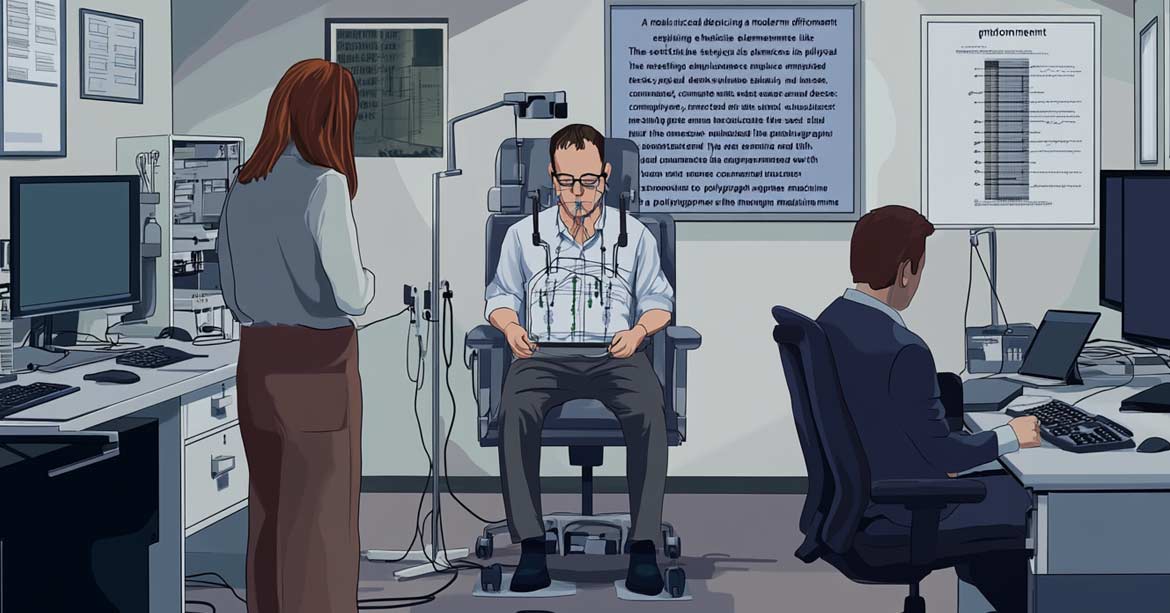The Polygraph at Work Debate: Security Tool or Invasion of Privacy?
An Intriguing Introduction
Imagine for a moment that every day when you arrive at work, a machine capable of reading your deepest emotions would be waiting for you. This is not a scene from a futuristic movie, but a real possibility that is being debated today: the use of the polygraph, or truth machine, in the workplace.
What is the Polygraph?
The polygraph is a tool that measures physiological responses such as heart rate, blood pressure and skin conductance. These measures seek to reveal whether a person is lying or telling the truth. In the work context, it is considered to be used to detect fraud, theft or leaks of sensitive information.
Benefits: Security and Confidence
On the one hand, some see the polygraph as an ally for corporate security. They argue that its use could discourage and prevent dishonest behaviour, contributing to a safer and more trustworthy working environment.
Ethical and Legal Concerns
However, this tool brings with it a number of dilemmas. Employees' privacy is at risk, as the technique can be perceived as invasive and a violation of personal dignity. The reliability of the polygraph is also a matter of debate, as factors such as stress or medical conditions can alter the results, leading to possible injustices.
The Impact on the Work Environment
Enter the polygraph at work could sow distrust and tension between employees and employers. This atmosphere could negatively affect team morale and productivity, creating more problems than solutions.
Workers' privacy at stake
The use of polygraphs in the workplace is a controversial issue that raises significant ethical and legal concerns. One of the main considerations is the invasion of employee privacy. The polygraph can be considered an intrusive tool that violates people's right to privacy and dignity. It is essential to analyse the extent to which it is ethical to use such tests in the work context.
The validity of the polygraph as a lie detection tool
Another relevant question is the accuracy and reliability of the polygraph as a method of lie detection. While it is commonly used in criminal investigationsThere are discrepancies about their scientific validity. Physiological responses can be influenced by various factors, which casts doubt on the certainty of the results obtained. Before implementing this tool in the workplace, it is essential to evaluate its effectiveness and acceptance in the scientific field.
In summary, workplace polygraphs raise an ethical and legal debate. While they can be seen as a measure to prevent dishonest behaviour, it is also necessary to consider the implications in terms of privacy and reliability. Before making a decision, it is important to carefully assess the ethical, legal and practical issues involved in the use of this tool in the work context.
Final Reflection
The decision to implement polygraph in the workplace should not be taken lightly. Beyond assessing its potential to prevent dishonest acts, it is crucial to consider respect for workers' privacy and rights, as well as the potential impact on the working environment. The question is: Is it worth sacrificing trust and privacy for a sense of security? FAQ



